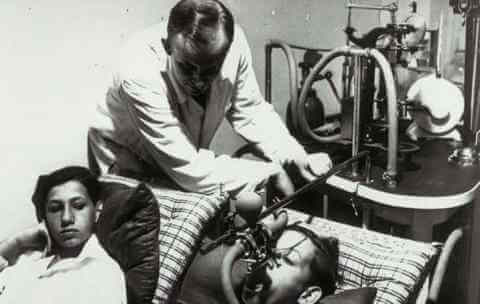Ethics in Human Experimentation
Growing tension has existed ever since the first medical practitioner treated his first patient. It has been a constant battle between unintentional harm and beneficial innovation. For several centuries, most doctors rely on intuition or experience to determine the best course of action for their patients.
This changed significantly in the 17th century when Francis Bacon presented the scientific method. This method is made up of systematic observation and testing hypotheses. With clinical science, we can now have an objective way to determine which treatment would be best for a patient.
Thanks to this, society has witnessed several remarkable advancements in medicine based on human experimentation. A number of these experiments are for a good cause, but some are misguided, demonic, and even tragic.
The worst human research abuses were carried out by the Nazis during the Holocaust. Josef Mengele’s notorious twin experiments held at the Auschwitz concentration camp are a stark reminder of the horrors of human experimentation.

It’s not entirely a story of doom and gloom as some surgeons were simply outstanding. A lot of surgeons persisted in advancing the medical field even though they were faced with great odds and we can’t appreciate them enough. We also need to thank the patients who dared to take part in this surgical innovation.
Without their perseverance, creativity, and strong-will, surgery wouldn’t evolve to what it is today. We now have to make sure future innovations in the field are done under a well informed, safe, well-controlled and documented human experimentation.
